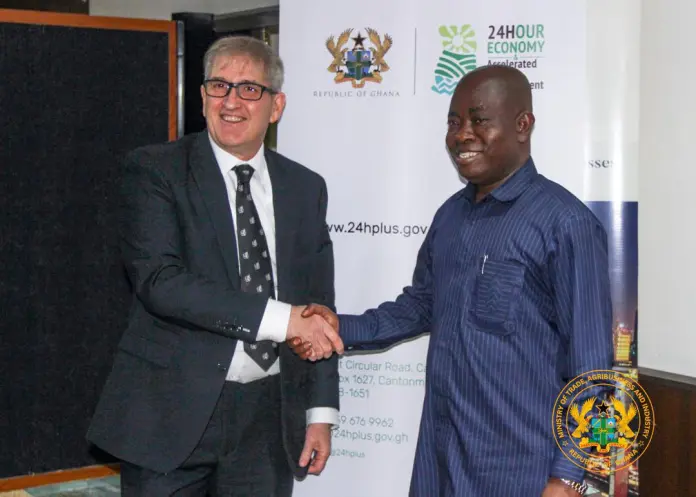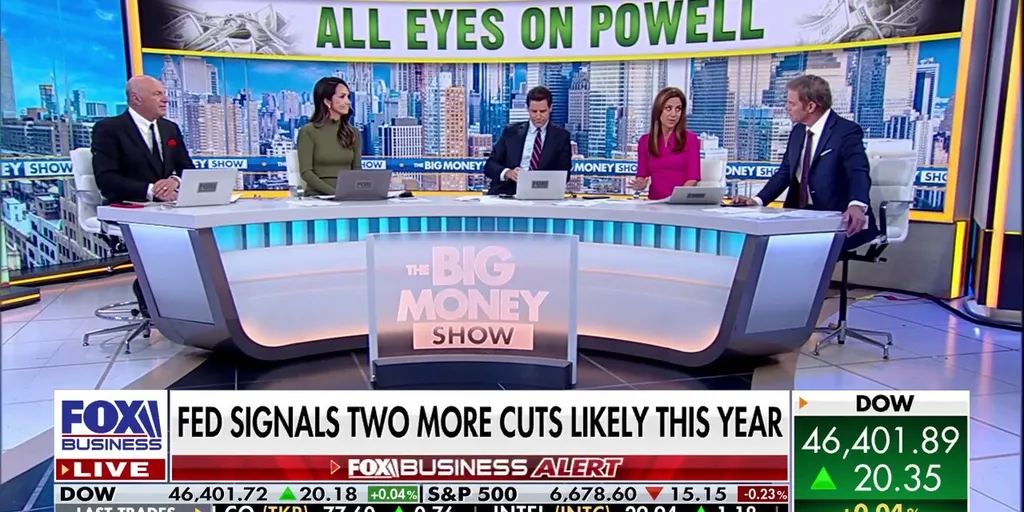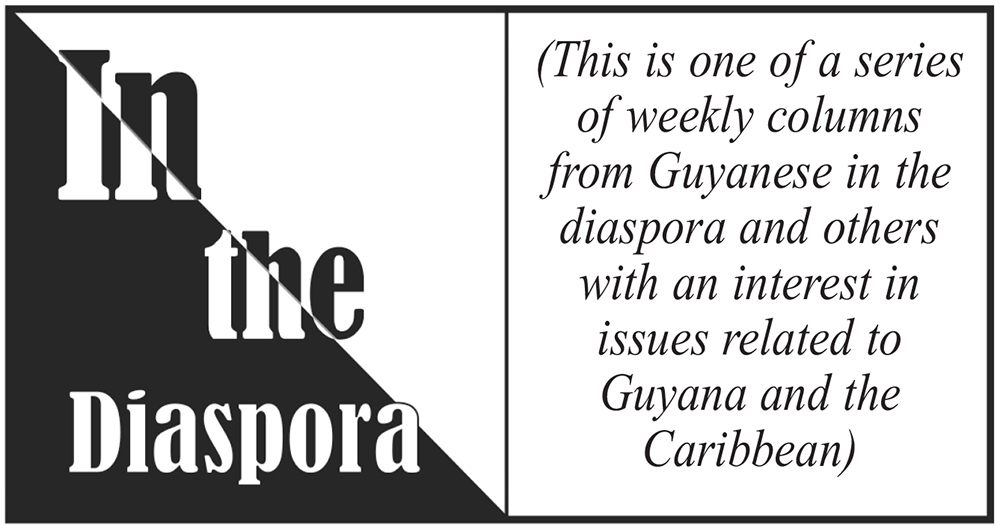By Ghana News
Copyright ghanamma

Ghana and the United Kingdom are accelerating bilateral trade discussions following a 2.4% surge in total trade to £1.6 billion, with officials targeting sweeping investment law reforms to unlock deeper economic partnerships.
The momentum emerged during high-level talks at the UK-Ghana Investment Forum in Accra, where Deputy Minister for Trade, Agribusiness and Industry Sampson Ahi met with UK Trade Commissioner for Africa John Humphrey to address regulatory barriers hampering British business entry into Ghanaian markets.
Central to the discussions was Ghana’s planned overhaul of the Ghana Investment Promotion Centre (GIPC) Act, which President John Dramani Mahama announced would eliminate minimum capital requirements for foreign investors. The revision represents Ghana’s most significant investment policy shift since the original Act 865 was enacted in 2013.
UK exports to Ghana reached £773 million in the four quarters ending Q1 2025, reflecting growing British confidence in the West African market despite global economic uncertainties. The trade relationship has gained urgency as Ghana positions itself as a continental gateway under the African Continental Free Trade Area (AfCFTA).
Ahi emphasized that import restrictions remain a central concern requiring resolution through stronger UK engagement, while infrastructure investments will facilitate commerce and boost competitiveness across sectors. The government’s commitment to infrastructure modernization aligns with broader economic transformation goals.
Humphrey welcomed Ghana’s reform direction, acknowledging the country’s “immense potential for growth” and expressing UK enthusiasm for expanded business collaboration. The British government’s appointment of Bell Ribeiro-Addy as Trade Envoy to Ghana in January 2025 demonstrates renewed UK commitment to the relationship.
Agribusiness emerged as a priority partnership area, with both nations agreeing that value addition in cocoa, cashew, fruits, and other commodities could unlock substantial economic benefits. Ghana’s Feed the Industry programme aims to expand processing, marketing, and packaging capabilities while increasing farmer incomes.
The strategic focus on agribusiness reflects Ghana’s broader diversification efforts beyond traditional commodity exports. Current remittances of $6.65 billion significantly outpace the $1.73 billion in Foreign Direct Investment (FDI) received in 2024, highlighting the potential for increased investment flows.
Ghana’s new GIPC Chief Executive Officer Simon Madjie has prioritized establishing an AfCFTA desk to strengthen the investment drive, recognizing the continental trade agreement’s potential to attract UK businesses seeking regional market access. This institutional reform could position Ghana as a preferred entry point for British companies targeting West African markets.
The bilateral engagement represents Ghana’s calculated strategy to leverage its AfCFTA membership for attracting international investment while offering UK businesses preferential pathways into emerging African markets. With France already committing to similar bilateral agreements, Ghana seeks to finalize UK arrangements before competitors gain advantages.
Trade facilitation improvements could prove decisive for UK-Ghana commercial relationships, particularly as global supply chains increasingly prioritize African partnerships. The timing coincides with growing British interest in diversifying trade relationships beyond traditional European and North American markets.
Success in these negotiations could establish a template for enhanced UK-Africa economic partnerships, positioning Ghana as a strategic hub for British businesses seeking to capitalize on Africa’s demographic dividend and economic transformation.



